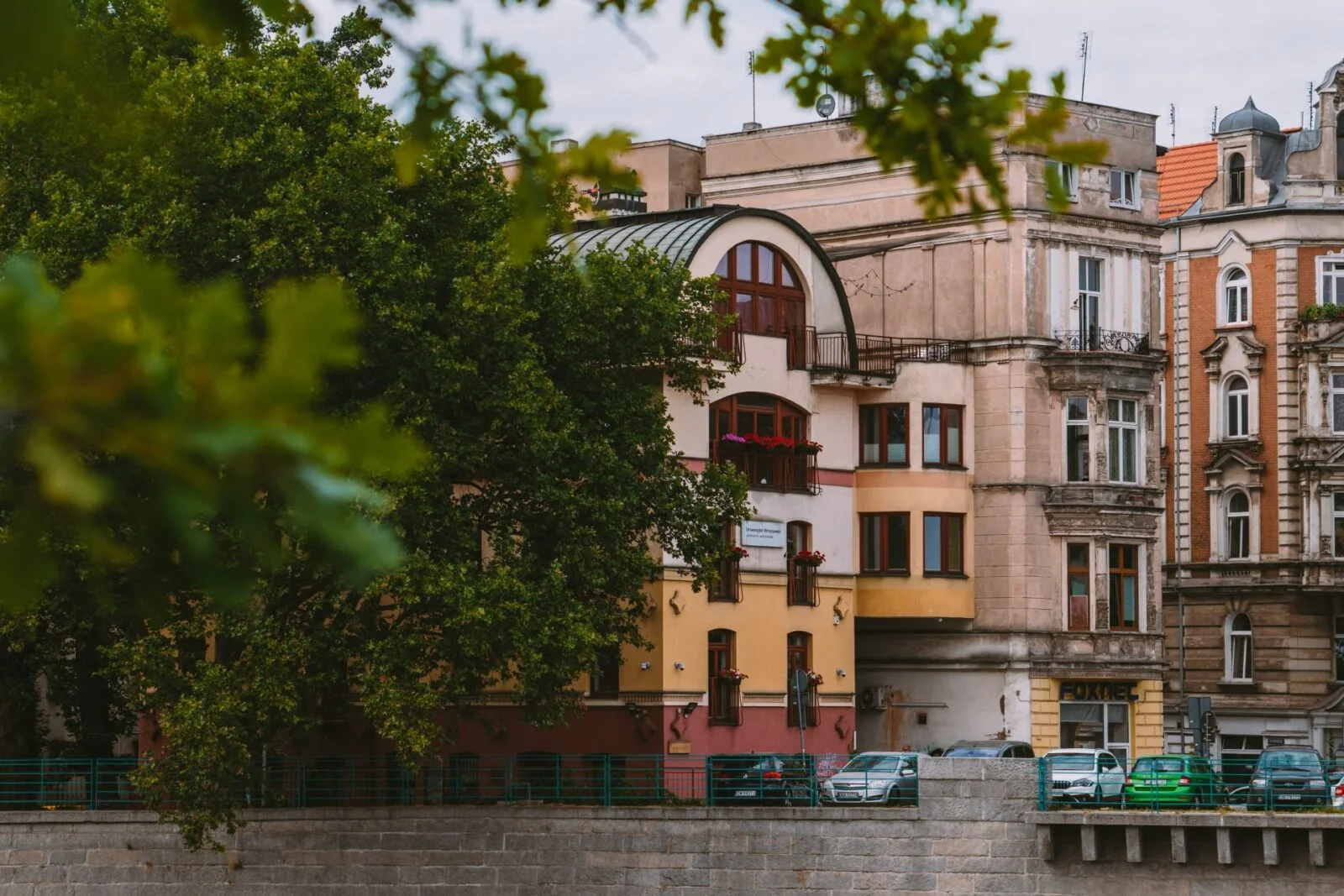
Germany is looking to the East. Welcome to the 4th German Studies Convention
How is Germany’s policy towards Ukraine and Russia changing? How does Germany deal with its postcolonial legacy? How do Germans see Poles?
These are just some of the questions that will be answered by the guests of the 4th Congress of German Studies, which already begins at the University of Wrocław on 19 October 2022. Among them diplomats, rectors of Polish and German universities, scientists, journalists, writers and students.
The congress will mark the 20th anniversary of the Willy Brandt Center for German and European Studies at the University of Wrocław, which is the main organiser of the conference. The proceedings and accompanying events are open to the public, and the director of the Centre, prof. Krzysztof Ruchniewicz, invites you to take part: “The motto of this year’s German Studies Convention is ‘Germany looks east’. We are interested in Germany’s attitude to the East today and in the past. This topic often comes up in the public and media space. It is not a one-dimensional topic; it can be looked at from different perspectives.
The session will begin on Wednesday, 19 October in the late afternoon. Exhibition of works by Wiesław Smętek „Historia w okładkach. Ilustracje polsko-niemieckie (1922-2022)” (“’History in Covers. Polish-German illustrations (1922-2022)”) will open at 15.00 in the Mathematical Tower in the Main Building of the University of Wrocław.
Prof. Ruchniewicz says of the next items on the conference programme: – We begin with a discussion, which will be preceded by a speech by dr Marek Prawda, former Polish ambassador to Germany but also Poland’s representative to the European Union, who will consider to what extent the war in Ukraine will change German policy. An academic debate will take place the following day. We will be discussing the challenges faced by Polish and German universities in relation to the war and the energy crisis. Other panels will cover Germany’s colonial heritage, politics, and there will also be literary and cultural studies panels. The evening debate on 20 November will take a historical look at German Eastern policy up to 1989. We have invited both scholars and German diplomats who had a hand in shaping it.
The discussion programme is complemented by accompanying events – film screenings and book promotions on German-Polish issues.
– We are also keen to show young people that this is an interesting topic, an important topic, not only because it concerns our important neighbour to the west, but because this subject is not only about bilateral relations, but also about Europe and the role Germany plays in relation to the countries to the east. ‘ – prof. Ruchniewicz concludes.



